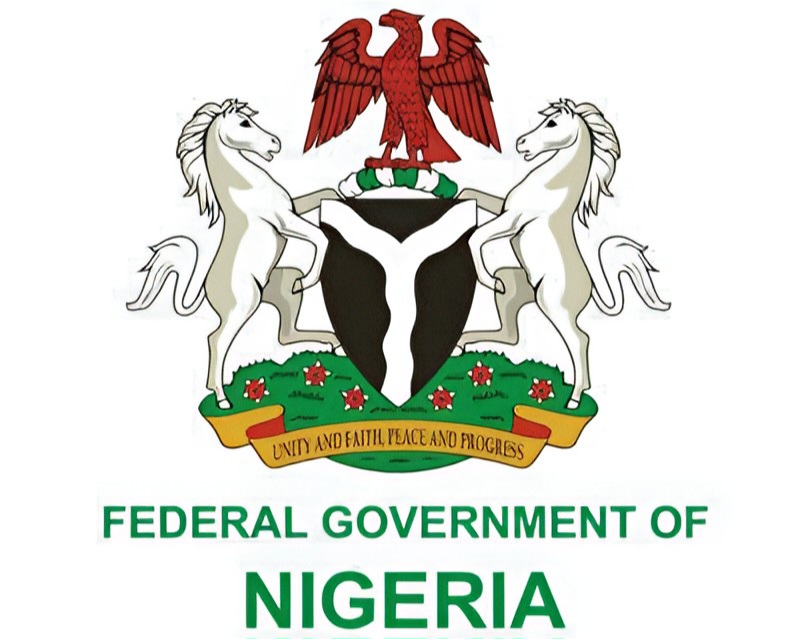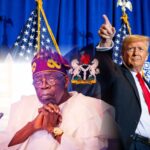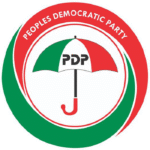The Nigerian Presidency has dismissed reports of President Bola Tinubu’s visit to White House in Washington, D.C, United States on Tuesday over the recent designation of the country as a Country of Particular Concern.
The Senior Special Assistant to President Bola Tinubu on Media and Publicity, Temitope Ajayi, in a press statement issued on Monday, November 3, 2025, also dismissed reports claiming that Tinubu and U.S Vice President J.D. Vance are purportedly scheduled to meet on Tuesday.
Ajayi, in a post via his official X handle on Monday, described the reports of Tinubu’s visit to White House as false and misleading, saying it had fuelled unnecessary speculation and “uninformed commentaries.”
Ajayi also added that if Tinubu were to visit the White House, he would be meeting with President Donald Trump, not the Vice President.
He wrote: “There’s a Sahara Reporters story that President Tinubu is going to the U.S. on Tuesday to see U.S. Vice President J.D. Vance. That story is not true. I can see that the fake news by Sahara has become the basis for some uninformed commentaries since yesterday. If President Tinubu is going to the White House, he won’t be going to see a Vice President.”
The clarification came after reports claimed that Tinubu was set to travel to Washington for “top-level diplomatic engagements” amid heightened global attention on the alleged persecution of Christians in Nigeria and a recent statement by Trump threatening possible military action.
Recall that Trump, in a post on his Truth account on Saturday, warned that the United States might “go in guns blazing” if the Nigerian government failed to stop the alleged killing of Christians.
“If the Nigerian Government continues to allow the killing of Christians, the USA will immediately stop all aid and assistance to Nigeria, and may very well go into that now disgraced country, ‘guns-a-blazing,’ to completely wipe out the Islamic terrorists who are committing these horrible atrocities.
“I am hereby instructing our Department of War to prepare for possible action. If we attack, it will be fast, vicious, and sweet, just like the terrorist thugs attack our cherished Christians,” he said.
Meanwhile, Trump’s statement continues to generate diverse reactions across the globe.
Daniel Bwala, Special Adviser on Policy Communication to President Bola Tinubu, speaking on Trump’s remarks said it would be diplomatically unacceptable for the United States to carry out any military operation in Nigeria without the express consent of the Federal Government.
In an interview with the BBC World Service, Bwala stressed that Nigeria is a sovereign nation and that any foreign intervention in its security challenges must be done collaboratively and with due respect for its territorial integrity.
Bwala also said Trump’s remarks had been largely misunderstood, expressing confidence that the issues would be clarified during Tinubu’s visit to White House in the coming days.
“We are grateful to President Donald Trump because during his first term, he used executive powers to approve arms sales that helped Nigeria fight insurgency,” Bwala said.
“In his second term, he has shown renewed interest in combating Boko Haram, which we welcome, but such efforts must be based on reliable, data-driven assessments—not isolated reports or social media content.
“If it is a joint action with Nigeria, that is fine,” he said. “But diplomatically, it is wrong to invade a sovereign country without collaboration—especially one that is your partner in combating insecurity.
“Such unilateral intervention only occurs when there is intelligence suggesting the government itself is complicit in fuelling a crisis. That is certainly not the case in Nigeria.”





